
Annual specialty drug spending found to be 17% higher per member in the individual market compared with the employer market.

Annual specialty drug spending found to be 17% higher per member in the individual market compared with the employer market.

Survey indicates a disconnect among caregivers and the RA patients they treat.

HIV knowledge is a significant predictor of the willingness to provide services to patients with HIV.

Study finds medication reconciliation reduces error incidence in cancer patients undergoing chemotherapy.

Douglas Samojedny, RPh, director of Pharmacy Operations at Pharmacy Advantage, discusses initiatives to optimize medication adherence.

Pharmacists can have a positive influence on medication adherence and several other factors in type 2 diabetes.
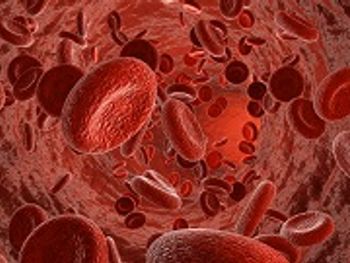
Research determines which barriers prevent patients with cardiovascular disease from taking their cardiac medications as prescribed.
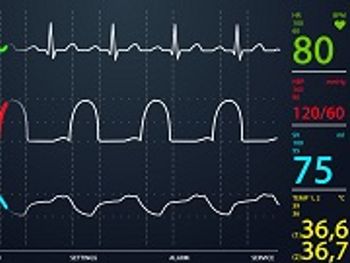
New dosage strengths of the generic version of Novartis' Lopressor treats conditions such as cardiogenic shock, overt cardiac failure, and severe peripheral arterial circulatory disorders.
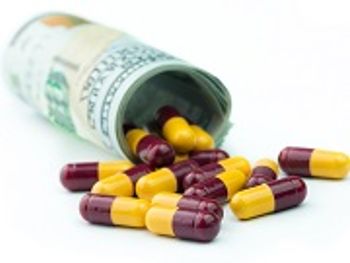
Are the unmeasured, potential benefits of indication-specific pricing worth the complication and risk?

Study shows what couples with at least 1 HIV-positive partner want to get most out of HIV counseling, which can promote health services and treatment.
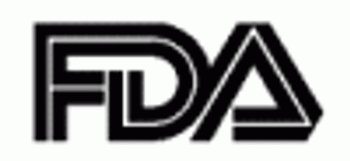
FDA needs to consider patient demographics to improve the public's response to drug safety warnings.

Patients often leave the hospital on different and more complicated drug therapies.
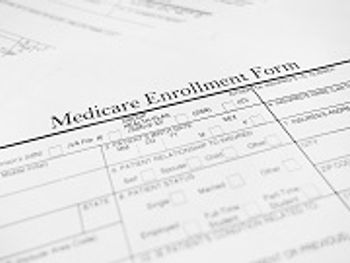
Disabled Medicare beneficiaries, especially those with many comorbidities, continue to struggle to afford prescriptions.

Medication adherence is modifiable with improved care transitions following a major adverse cardiovascular event.
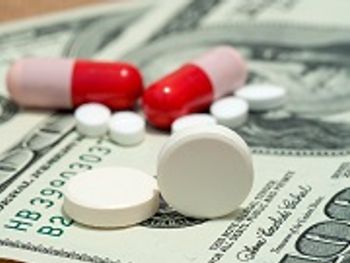
Using PBM tools at current levels can save payers $654 billion over the next 10 years.
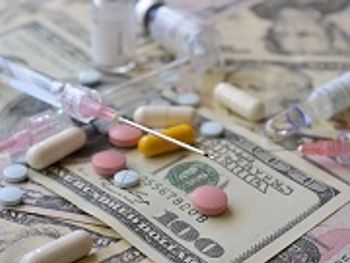
Combined with a pay-for-performance program, global budgets put provider organizations at risk of incurring medical expenses above a predetermined amount.
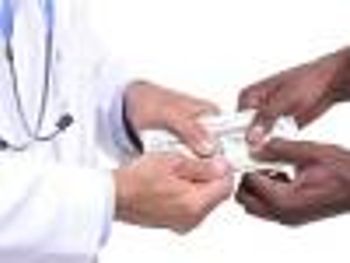
Out-of-pocket costs can lead to the reduced use of preventive services and increased use of preventive medications.

Study examines impact of text message reminders to improve drug adherence.

Evolution in the pharmacy reimbursement system represents a crucial component toward stabilizing costs and providing fair margins for pharmacy sustainability, particularly in rural and underserved areas.
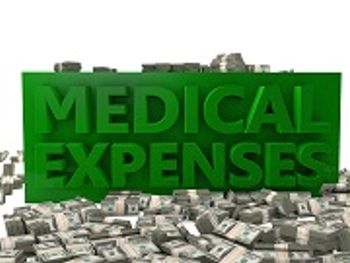
Study estimates the private sector could save much more than the public sector would spend.
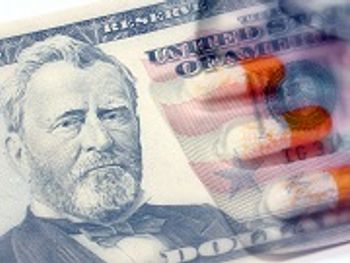
Study finds Medicaid health plans need to use a variety of formulary administration techniques and utilization management to limit prescription drug spending.
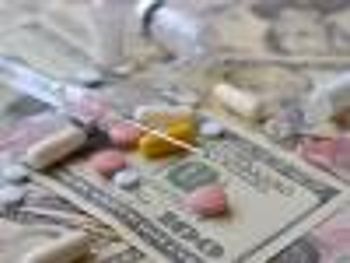
Specialty drugs comprised 36.5% of the total Medicaid 2015 drug spend.
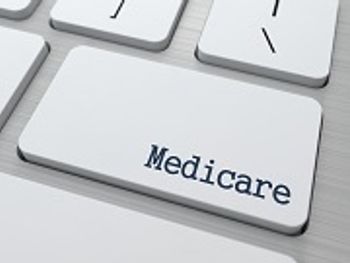
Some generic brand drugs will continue to dramatically rise, making management through strategic tier placement crucial for continued success.

Medicare Part D Program saved beneficiaries more than $7 billion on medication.

Out-of-pocket spending has significant impact on prescription drug adherence in the treatment of RA through Medicare Advantage and Prescription Drug plan.